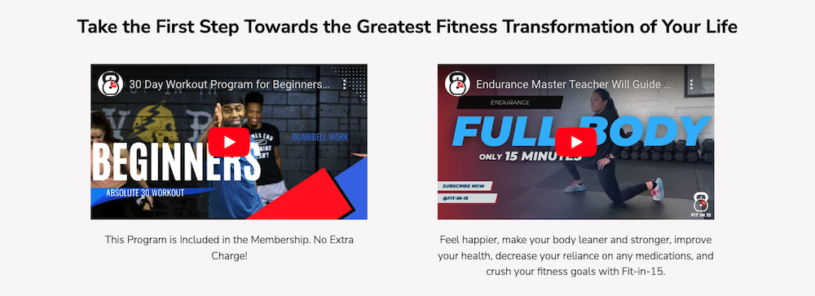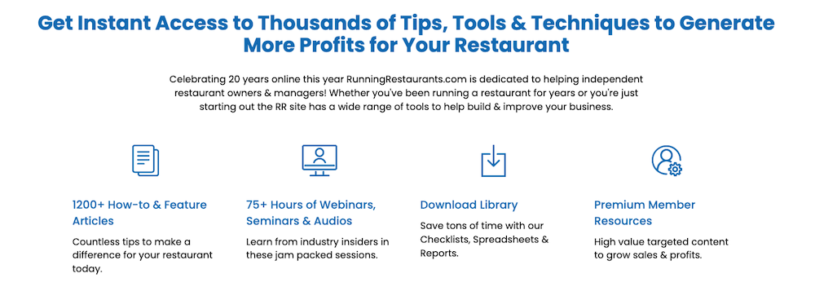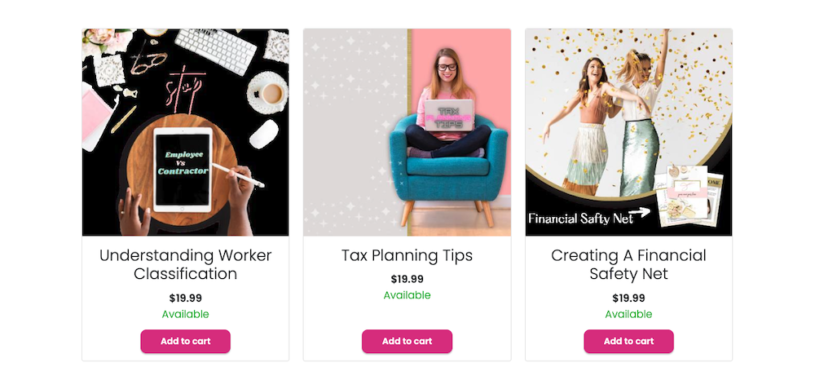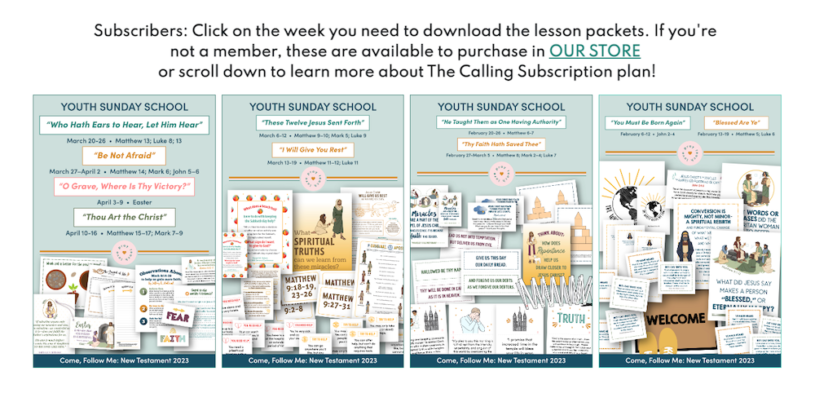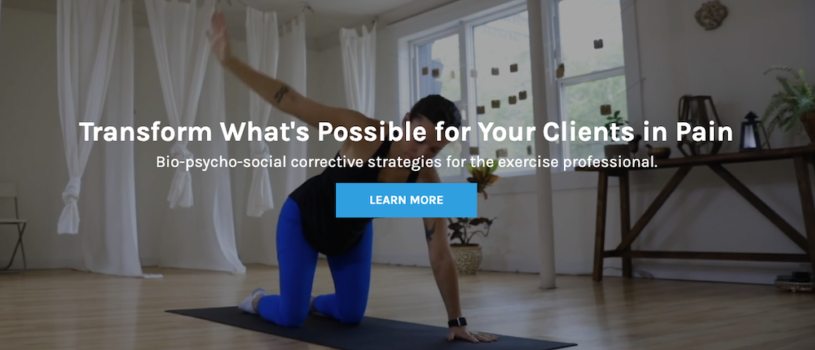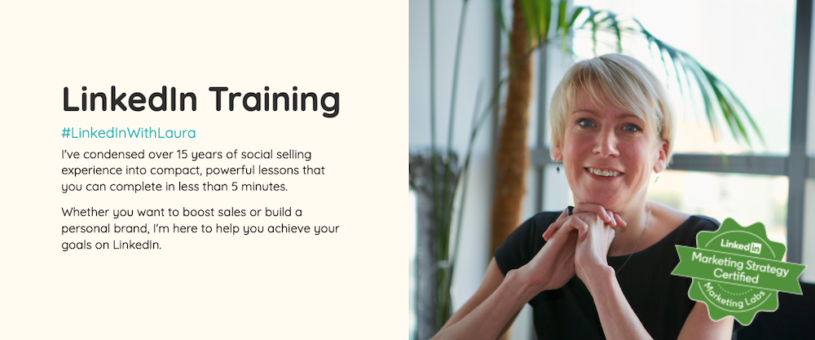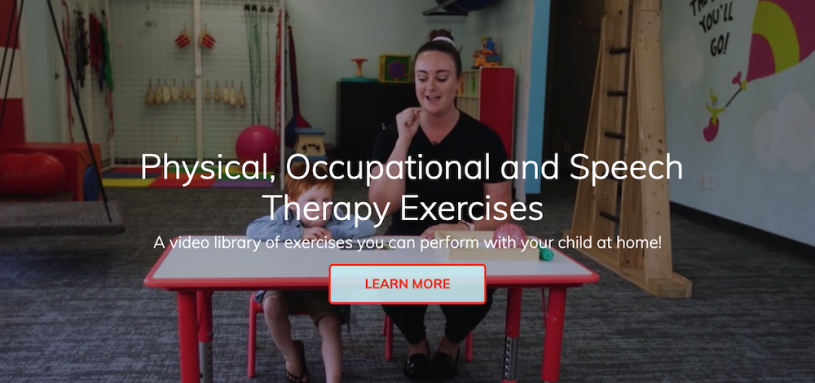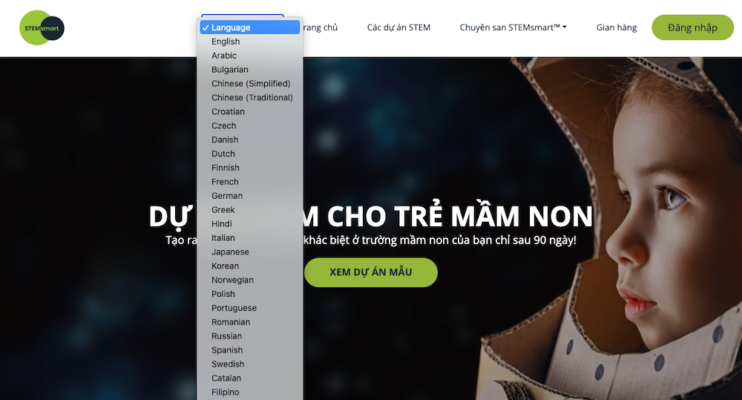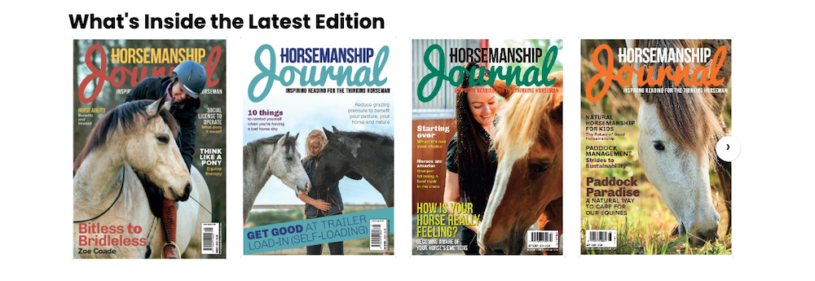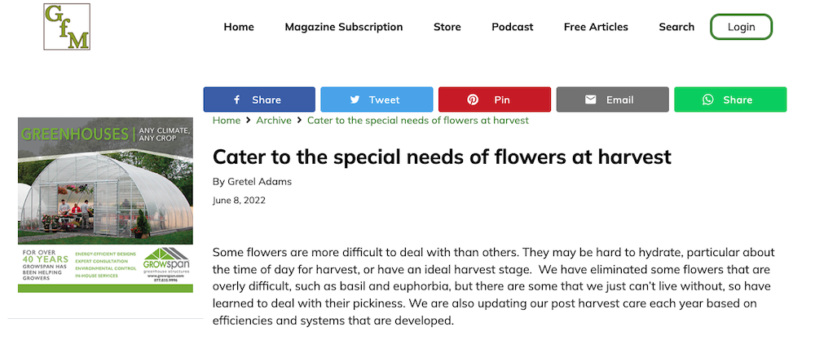
The first decision you need to make before launching your membership website is, what is your subject?
Choosing the right subject will determine the pleasure that you get from running your business as well as the income that your business will generate.
You may already have a rough idea of the subject that you want to focus on, probably because it’s something that you already know a great deal about. Or you may have a list of possible subjects that you want to narrow down to the ideal one. Or you who may have no idea what subject you want to focus on, and are searching the Internet for inspiration. Whatever category you fall into, this article should help get you thinking about the right questions so you can be on the right track to launching your membership website.
Listed below are twelve guidelines to help you focus on how to choose your website's topic.
Guideline #1 – Be Passionate About Your Subject!
Pick a topic that you enjoy so much that you would be happy to write about it even if you weren’t getting paid. Remember that you’ll be spending most of your time thinking about this subject and speaking to other people who share your interest, so if you’re not passionate, someone who is will probably create a better site than yours.
Guideline #2 – Know Your Audience
The best websites are often written by people who are part of the audience they serve. It’s important to know who your audience is so you can deliver content that meets their needs. Knowing your audience will also help you learn how to reach them in the most cost-effective ways.
Guideline #3 – Use Unique and Exclusive Content
Unique content enhances your visitors’ experience and builds loyalty for your website. Where will you get unique and exclusive content? What will you do if your sources get cut off in the future? Do you have alternative sources?
Guideline #4 – Ensure Sufficient Material for Regular Updates
Specialty websites depend on timely and frequently updated content to keep visitors interested and coming back for more. Does your subject area have a steady stream of fresh news and data that can be updated at least weekly (and preferably daily)?
Guideline #5 – Establish Credibility With Your Visitors
Your visitors will keep coming back to your site only if you prove that you’re a credible and reliable source of information. Do you have the knowledge and experience to be seen as an expert in your subject area?
Guideline #6 – Create Member Interaction
One of the benefits of creating an online (as opposed to print) publication is the ability to create a virtual community online that allows members to interact with each other and with you, the owner. Does your subject lend itself to this kind of interaction? Or would your potential members be in competition with each other and reluctant to interact? Remember that the more communication you encourage, the stronger the sense of community among your membership, which translates into greater loyalty for your website.
Guideline #7 – Avoid Subjects with Natural End Dates
It’s best to avoid subjects that have a natural end date for your audience. For example, a website about how to plan your wedding will keep people interested for the 6 to 12 months that it takes to plan their wedding, after which they won’t have a reason to come back to you anymore. Choosing time-sensitive subjects means that you’ll need to be constantly building your audience to make up for the membership turnover.
Guideline #8 – Make Sure Your Potential Audience Uses the Internet
It may sound obvious, but there are many people who still don’t have access to the Internet. So make sure your target audience has regular access to computers and the Internet. You should also make sure that the type of content on your website matches your audience’s Internet capabilities. So for example, you don’t want to provide a lot of video content to people with slow dial-up connections.
Guideline #9 – Reduce Your Audience’s Pain or Increase Their Gain
Every successful content-driven website must provide information that its audience sees as useful and valuable. So ask yourself: “Does my website help increase a reader’s pleasure or reduce their pain?” This is a good guideline to determine if you will be providing information that is valuable to someone.
Guideline #10 – Study the Competition
Spend some time studying your potential online and offline competition. What is their content like? Is it free or paid? What prices do they charge? What are their strengths and weaknesses? How can you compete? A good rule of thumb is instead of trying to compete head-on with an industry leader, find a fresh angle that they’re either not covering or you think you could cover better.
Guideline #11 – Niche is Best!
Before reading this article, part of your strategy may have been to aim for the broadest possible target audience. This is a mistake that many aspiring editors make. They assume that by aiming big, they will attract the biggest possible audience.
In reality, this has been proven wrong over and over again for small publishers. There is a lot of evidence to show that the more specialized a website is, the more successful it can become.
So rather than creating a site about how to buy a house in Europe, it’s better to focus on how to buy a house in Spain. Or better yet, how to buy a house in the Costa Blanca.
You should think of a big audience as many smaller audiences bundled together. So if you simply target the big audience as a whole, what will happen is that specialized websites with highly focused content will enter the market and attract each of your smaller audiences, leaving you with nothing.
Specialized Internet publishing is all about matching your content to the needs of a very niche audience. Think about the subject of fishing. It can be divided into categories like: coarse fishing, fly fishing, and deep sea fishing. Each of these categories can again be divided into smaller subcategories. For example, fly fishing can be divided into: fly fishing in Scotland, salmon fly fishing, and fly fishing equipment reviews. So one site that tries to cover all aspects of fly fishing is likely to lose its audience to dozens of specialty fishing sites that slowly but surely draw its audience away.
Trying to be a jack-of-all-trades, but master of none, is Internet suicide. So remember to aim for a well-defined audience with a common interest for whom you can provide the most specialized, valuable information on the Internet. Think niche!
Guideline #12 – Choose a Subject that You’re Passionate About
This has already been mentioned in Guideline #1, but if there’s one thing that distinguishes an extremely successful content website from one that is just OK, without a doubt it would be the author’s passion for the subject.
Summary
You’ll need to do a lot of planning before launching your specialized content website. Remember that your goal is to create a site that focuses on a specific subject area, targets a particular niche audience, and has an active Internet following. Hopefully these guidelines will get you thinking about the right issues so you can get on track to launching your own successful site.


